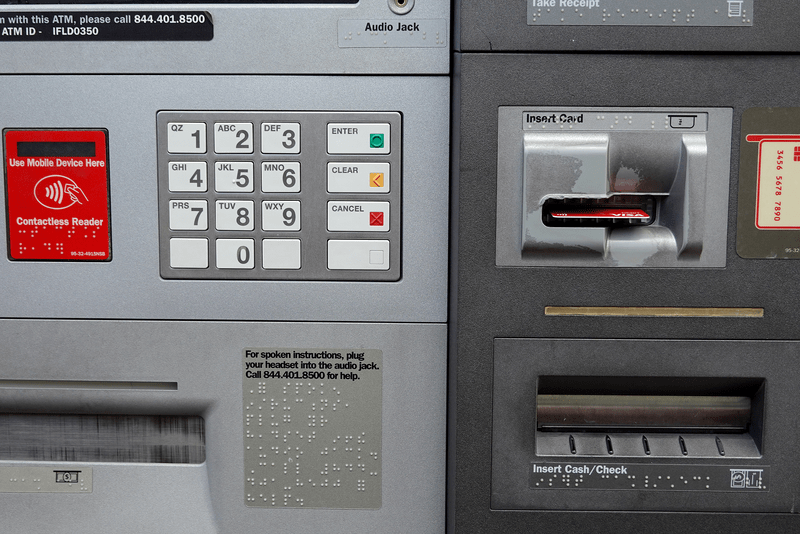In the last two weeks, the Consumer Financial Protection Bureau (CFPB) has proposed rulemaking for overdraft services and issued proposed rulemaking regarding non-sufficient funds (NSF) fees.
The proposals have certainly caught the attention of credit unions and banking groups which are asking for the reasons why these rules, especially
Register for free to keep reading
To continue reading this article and unlock full access to GRIP, register now. You’ll enjoy free access to all content until our subscription service launches in early 2026.
- Unlimited access to industry insights
- Stay on top of key rules and regulatory changes with our Rules Navigator
- Ad-free experience with no distractions
- Regular podcasts from trusted external experts
- Fresh compliance and regulatory content every day













